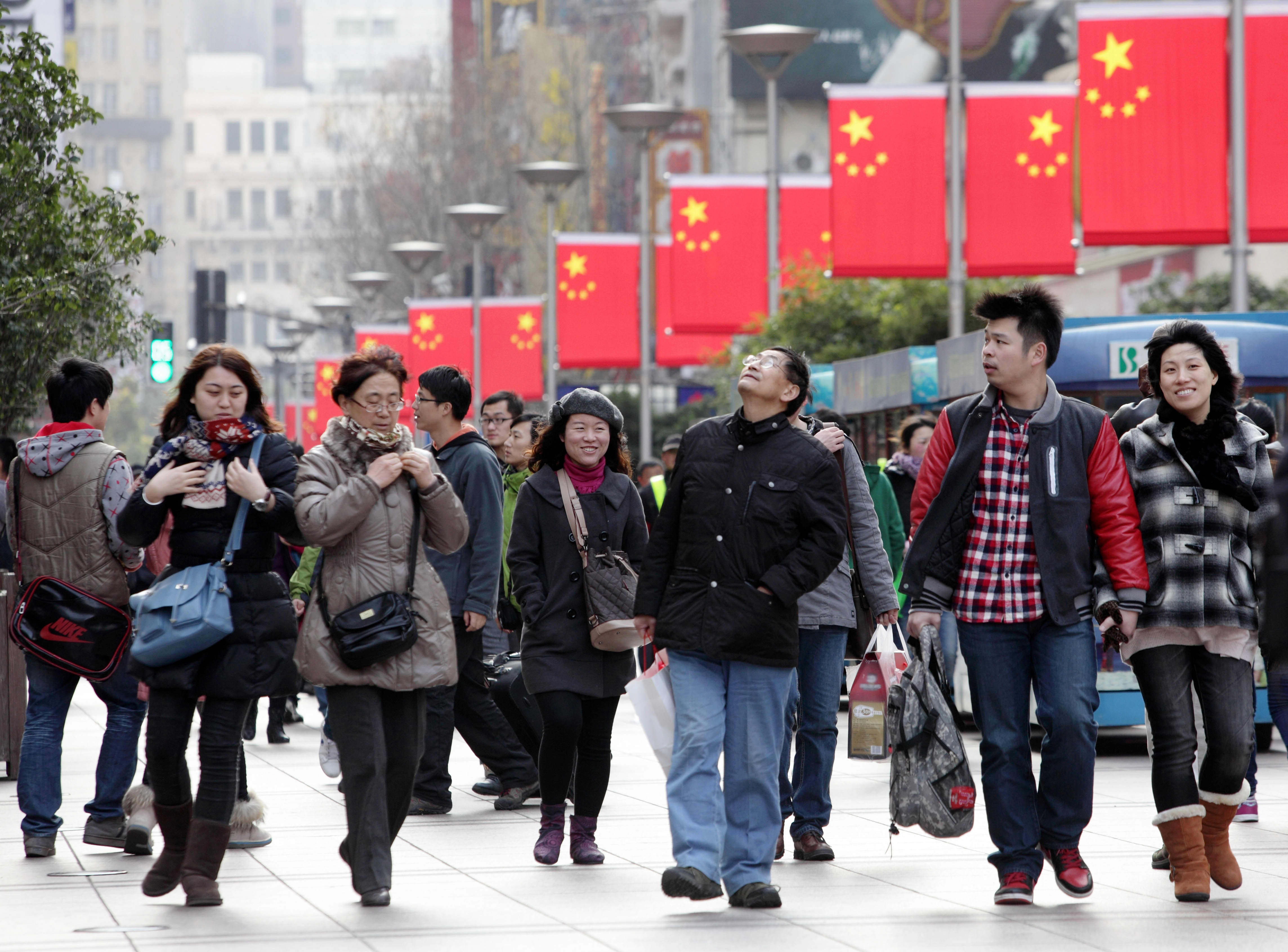
China’s property sector slowdown is hitting economic growth — and it’s not clear there are new growth drivers to pick up the slack, said the chief executive of a China-focused research firm.
“The major risk going forward is that as the party intentionally … deflates the property sector, what is the growth driver that will at least set a floor on growth? Nobody knows yet,” Leland Miller, chief executive of the China Beige Book, told CNBC’s “Squawk Box Asia” on Tuesday.
He was referring to the long-ruling Chinese Communist Party in Beijing.
“They hope it’s consumption, but it’s not consumption yet,” he added.
China on Monday reported a disappointing 4.9% year-on-year growth in the third quarter. The country’s National Bureau of Statistics said there was a slowdown in the real estate sector’s contribution to the economy.
Beijing has stepped up efforts to rein in heavily indebted property developers as it wants to move away from an investment-led and debt-fueled economic growth model. That left Evergrande and other Chinese developers struggling to repay their debt.
At the same time, China has not made enough progress to transition to a consumption-led economy, said Miller. He said structural changes that could boost consumption — such as strengthening the currency and increasing the social safety net — remained absent in China.
“Yes you’ve seen a fall off in investment in the past several years, but you haven’t seen consumption pick up. So right now, this is a goal but it’s one that’s not being worked toward — it’s no where near in the data and I think this is a major concern going forward,” said Miller.
The latest official data showed that fixed asset investment in the first nine months of 2021 grew 7.3% from a year ago — missing expectations of a 7.9% increase predicted by analysts polled by Reuters.
Meanwhile, retail sales rose 4.4% in September from a year ago, beating analysts’ expectations for a 3.3% growth.
Lower home prices could hurt consumption
Challenges facing China’s property sector could weigh on consumer spending, said Michael Pettis, a finance professor at Peking University in Beijing.
Home ownership accounts for around 80% of wealth for an average Chinese, said Pettis.
“The reason we worry a lot about consumption is because of housing prices,” the professor told CNBC’s “Street Signs Asia” on Tuesday.
“If we see a decline in home prices, that will reduce the perceived wealth of households and typically, they respond by cutting back on spending and rebuilding their savings. And if that were to happen, that would be bad for consumption,” he said.
But as the Chinese economy slows down, consumption would hold up better than other investment-led sectors such as property, said Petties.
“If China does it right, consumption will continue to grow a little bit more slowly but still quite solidly,” said the professor.
Source: CNBC
